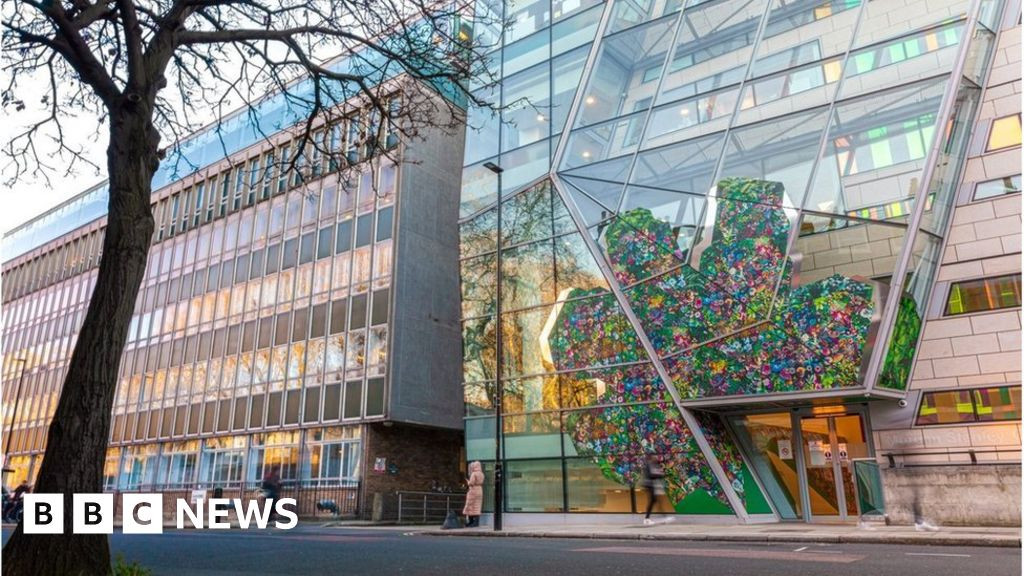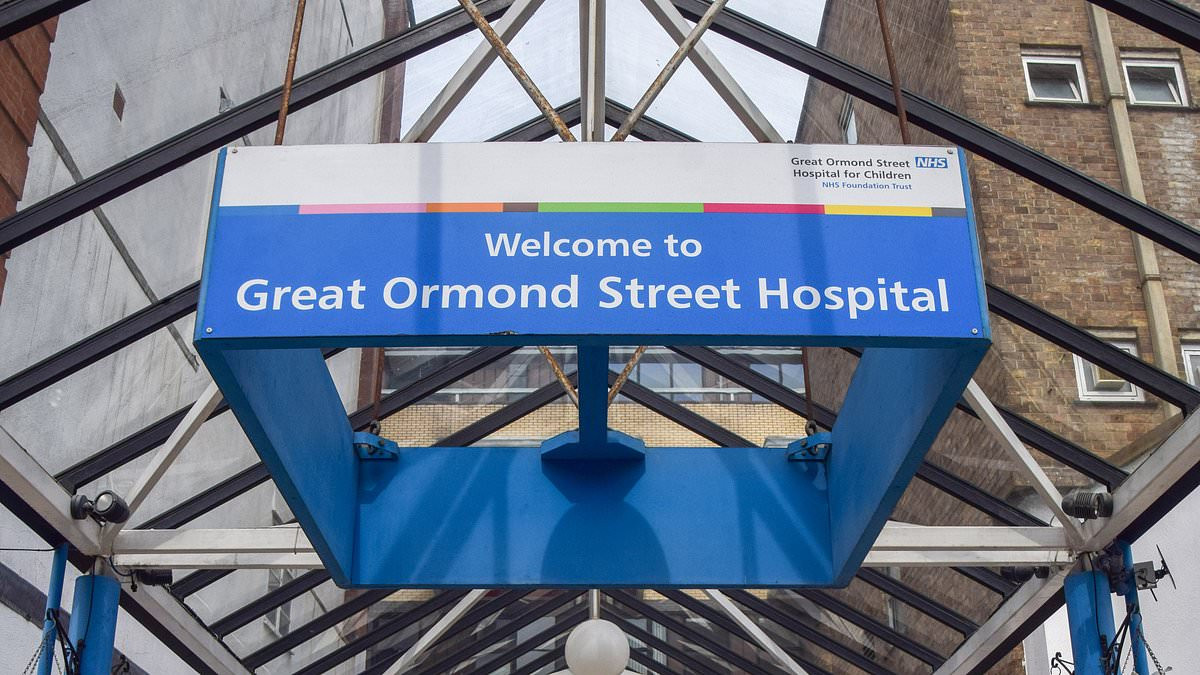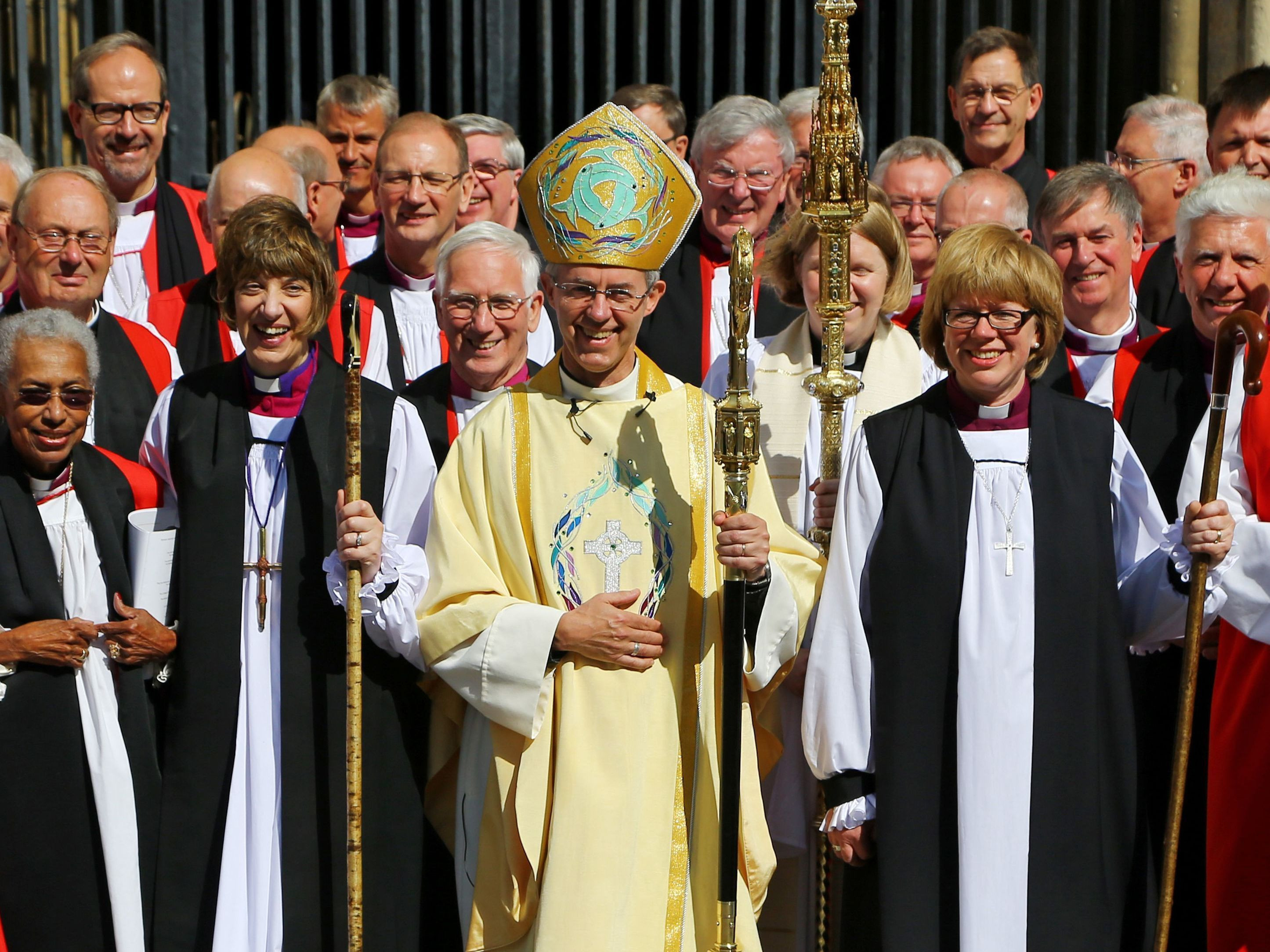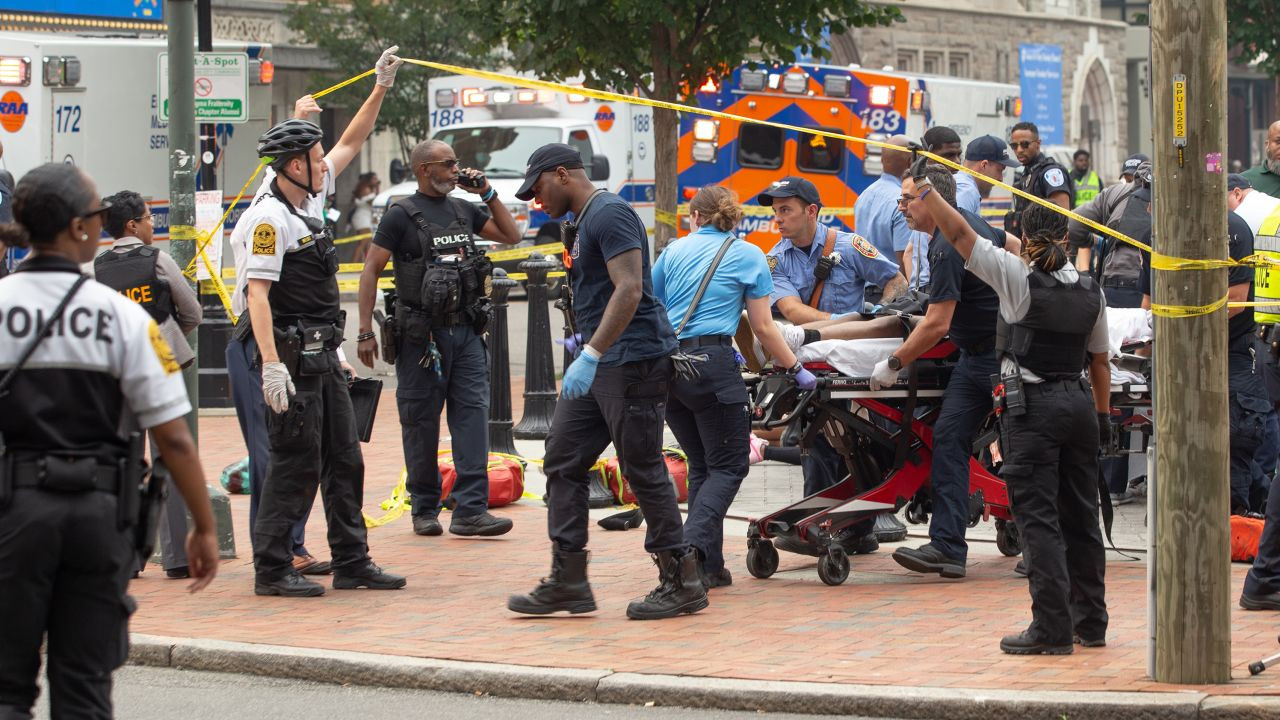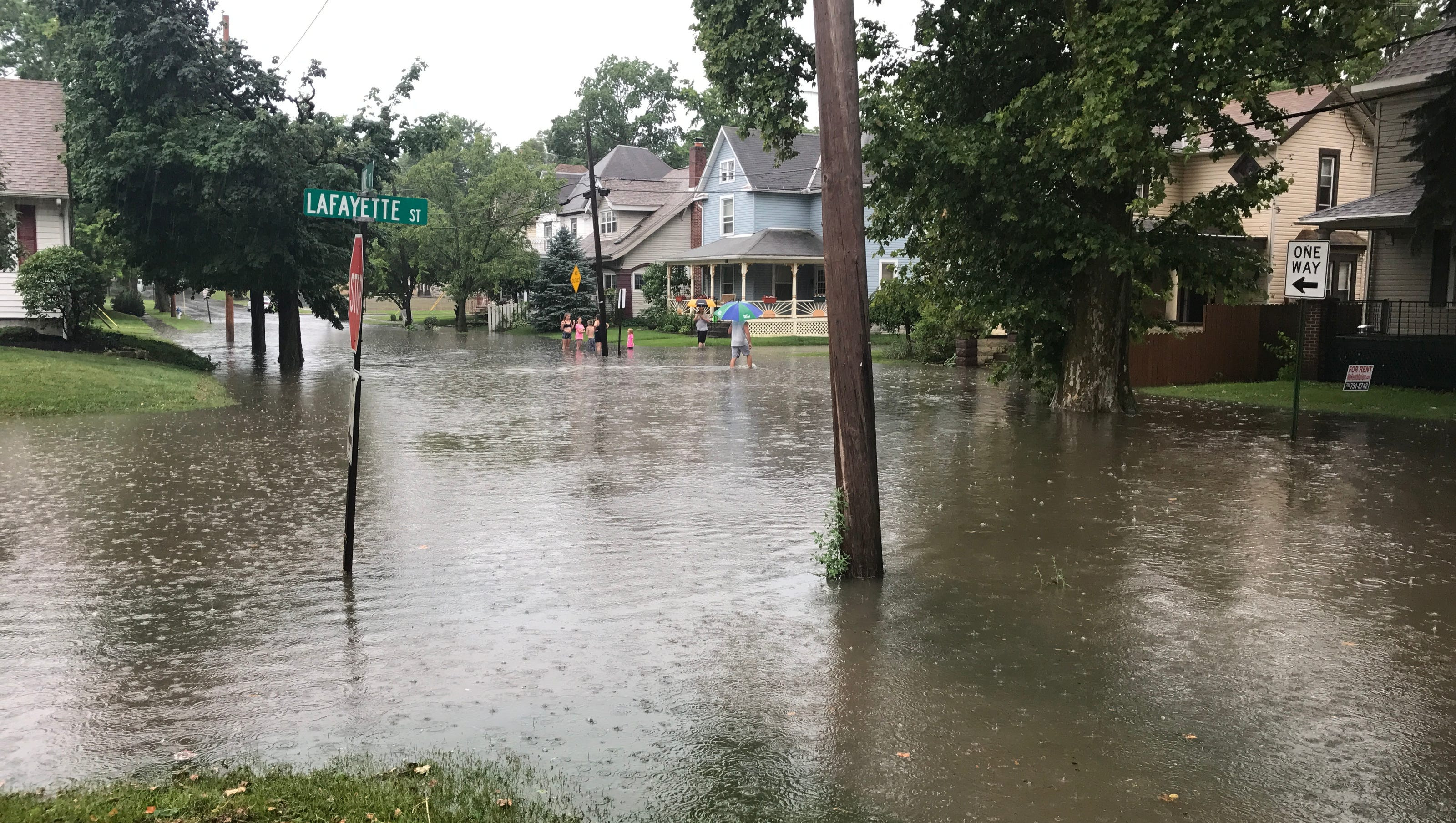Great Ormond Street Hospital is overseeing an urgent review of the cases of more than 700 patients after concerns were raised about one of its former surgeons. The hospital said 22 children in 39 cases looked at so far had come to some degree of harm, and that it is taking the concerns “incredibly seriously”.
The 721 patients were treated by Yaser Jabbar, a consultant orthopaedic surgeon who worked at the hospital’s lower limb reconstruction service from 2017 until he stepped down in September last year.
The review was first reported by the Sunday Times, which also said it had seen a confidential report by the Royal College of Surgeons (RCS) which was critical of the wider culture at GOSH.
GOSH said it had contacted all 721 patients or their families on more than one occasion and will continue to be in touch throughout the review process.
The hospital said it had asked the RCS to review the wider paediatric orthopaedic service in 2022, after becoming aware of concerns from patients' families and staff.
As part of its review the RCS raised concerns about a former surgeon and other practice within the service, prompting GOSH to initiate the patient reviews from April this year, the hospital said.
This process will last 18 months from May and will be undertaken by five external paediatric orthopaedic surgical consultants, GOSH said.
Of the 39 cases reviewed so far, 22 children have been found to have been harmed, with nine classified as suffering “low/moderate” harm and 13 classified as “severe harm”, with potentially life-long injuries.
In addition, 456 cases have been looked at by a senior nurse and paediatrician and have not been categorised as needing urgent attention.
The hospital apologises to the patients “who received poor care” and launches its own investigation into the cases of 721 youngsters treated by the accused 43-year-old medic in its orthopaedic department.
It has emerged at least one child had to have a leg amputated following procedures carried out by Yaser Jabbar at Great Ormond Street Hospital (GOSH), while others suffered leg length discrepancies needing further and prolonged care.
Reviews of medical records carried out by the Royal College of Surgeons (RCS) found the 43-year-old had caused “serious harm” though “unacceptable” treatment, according to a lawyer acting for the families of a number of children, some as young as just four-months-old when seen by Mr Jabbar.
It is the latest in a series of scandals to rock the NHS and will again raise questions over the role of senior hospital managers.
Mr Jabbar, who qualified from St George’s Hospital Medical School in London, was registered with a licence to practise until January of this year, according to the General Medical Council website.
GOSH said he had not worked there since 2022. The Sunday Times reported he only stepped down from his role last September after an 11-month sabbatical on full pay.
He is now listed as working in Dubai.
Caroline Murgatroyd, from Hudgell Solicitors, who is representing affected families, said the RCS review findings “paint a very worrying picture”.
She said: “They outline unacceptable assessments, examinations, clinical decision-making, and treatments of patients, poor communication with families with regards to seeking their consent for treatments and procedures, as well as failures to make it clear what kind of complications children could face after undergoing surgery.
“There are also references to children being subjected to surgeries which the RCS review panel could see no justification for, with children undergoing procedures which brought them no clear benefit.
“The findings so far have been shocking to read and have been very upsetting for our clients.”
Ms Murgatroyd added: “In one particular case a child underwent an amputation after having been put through a series of procedures. In this case the review panel found the amputation could possibly have been avoided with a different route of treatment.
“Children have suffered leg length discrepancies following inappropriate and unnecessary surgeries which will require further and prolonged treatment, and nerve injuries causing ongoing pain.
“There is also a lack of documentation over the decision-making process, or about discussing cases with consultant colleagues or the families of children themselves.”
The findings indicated there had been “serious failures in care to many patients, over a number of years”, she said.
Elizabeth Maliakal, another medical negligence solicitor at Hudgell Solicitors, told Sky News that “very often” cases of childhood medical negligence “don't materialise until adulthood” - meaning many more cases are likely to emerge.
“While some patients are aware now that they have suffered an injury, some patients may well think their treatment has been fine only to find out later on in life that things haven't gone as they ought to,” she said.
With his confident air, Yaser Jabbar was a reassuring presence for parents on the orthopaedic ward of Great Ormond Street Hospital.
So when the 43-year-old surgeon told the parents of a six-year-old about the leg-straightening and lengthening procedure he planned to perform on their child, he had their full trust. They were unaware Jabbar’s colleagues were concerned about his safety, and fearful he was harming children in his care.
In July 2021, Jabbar operated on the boy at the Great Ormond Street Hospital (GOSH) lower limb reconstruction service in north London, which every year performs surgery on hundreds of children with illnesses or congenital deformities.
The procedure involves surgically breaking the bone then inserting metal rings, known as Ilizarov frames, and tension wires to hold the leg in place. Over the following months, the break is slowly widened by millimetres, allowing new bone to develop and fill the gap. Jabbar performed so many of the operations, he was referred to at the hospital as “the frame guy”.
Immediately after the surgery, however, the boy’s father, who asked not to be identified, knew something was wrong. “In all of our meetings prior to my child’s surgery we were told a certain type of frame would be used to help rotation and lengthening, but when the procedure was done a completely different frame was used. We were never told why, but it seemed strange,” he said.
“After a couple of days the frame became loose and my child was in a lot of pain. You could feel the bone in his leg, which felt out of position, like it wasn’t lined up and was protruding the wrong way. We feared something was wrong but when we raised it with Mr Jabbar he was very dismissive and said it was fine.”
An investigation by The Sunday Times has confirmed what happened to the family was not a one-off but part of a wider problem with Jabbar’s practice and the culture of the hospital.
GOSH has begun an urgent review of 721 children seen by Jabbar in its orthopaedic department. This review is being conducted by five expert surgeons and is expected to take another 18 months to complete. Of the 37 cases that have been reviewed already, 22 children have been found to have come to some degree of harm, 13 of them classed as “severe harm” — that is, likely to include lifelong injuries.
At least one child has had a leg amputated because of complications following surgery by Jabbar. Another child is facing the threat of amputation if surgeons at other hospitals cannot save the limb. One of those harmed was just four months old at the point of surgery.
Other youngsters have been left with legs at different lengths, some by as much as 20cm. Some are living with chronic pain years after their operations and have endured multiple follow-up surgeries. Other injuries include muscle damage, nerve injuries and permanent deformities.
Jabbar stepped down from his role at GOSH last September after an 11-month sabbatical on full pay, agreed after concerns had been raised about his conduct.
Serious questions are being asked about the culture, management and approach to safety at GOSH, renowned around the world as one of the best children’s hospitals.
After the complications following Jabber’s operation on their six-year-old, his worried parents sought opinions from other specialist surgeons in England and the United States, who confirmed their fears: the wrong frame had been used. They complained to GOSH but were not listened to.
“We tried to raise our concerns repeatedly through the official complaints procedure, and I copied the clinical director into many emails, but heard nothing back. When they did an initial investigation it just seemed that everything was being brushed under the carpet, and that was very upsetting.”
The father added: “At the same time we spoke with some other parents in the hospital and they said their child also had a different frame to what they’d been told would be used. It seemed odd.”
As time went on, their child was left in “terrible pain” and had to have more surgery to correct Jabbar’s errors.
“We have a client that has undergone an amputation of his lower limb,” the solicitor said.
A review of the child’s care by the Royal College of Surgeons concluded the surgery by Jabbar was “incorrect and unsuitable”. It said Jabbar “demonstrated a lack of understanding of the principles of deformity correction surgery, in addition to a lack of insight”.
Jabbar qualified from St George’s Hospital Medical School in London and trained in orthopaedic surgery in Oxford and London. He did further training at Cardiff University and then went to work in Australia, spending a year at the Royal Children’s Hospital in Melbourne and The Children’s Hospital at Westmead, Sydney, before returning to the UK, where he worked at the Chelsea and Westminster Hospital NHS Foundation Trust before joining Great Ormond Street Hospital in June 2017. He also worked privately at the Portland Hospital in central London.
The review of his care at GOSH follows a confidential investigation by the Royal College of Surgeons, which compiled a damning 100-page report on Jabbar’s practice and the wider department. It was completed in October last year but not made public.
The report, seen by The Sunday Times, is highly critical of the wider culture of GOSH, as well as what it labels the “dysfunctional” department where Jabbar worked. It warned the lower limb reconstruction service was not “safe for patients or adequate to meet demand”.
The investigation reveals managers at the hospital failed to act on whistleblowers’ concerns about Jabbar, who has now left the UK and is listed as working in Dubai. Jabbar has given up his licence to practise in the UK but the General Medical Council has imposed conditions on his registration pending an investigation.
The Royal College of Surgeons described parents being “terrified” for their children, with some accusing the surgeon of lying to them.
It said Jabbar had exhibited “unacceptable and unprofessional behaviour”, including being aggressive and threatening towards staff. His record-keeping was poor. His assessments of children before surgery were unacceptable and he carried out operations for which he had not sought proper consent. Children were also subjected to surgery that had no clear benefits or justification.
The report said some staff who worked alongside Jabbar “would not wish for their friends and family to be operated on” by him.
He was also accused of altering clinical records after surgery and dismissing concerns raised about the recovery of children after surgery. “The review team heard of serious complications … with staff reportedly seeing more amputations in recent times than they ever had within the service,” the report said.
The college described one incident when a family were adamant that Jabbar had lied to them but it was not declared as an incident and staff investigating found it difficult to challenge the surgeon.
Other staff described Jabbar as having a “blasé and dismissive approach to complications”. One told The Sunday Times: “It was awful. He was very cavalier and there were problems from very early on.
“We’d operate on children that we shouldn’t have operated on without proper planning,” they said adding: “He hid his complications and he didn’t learn from them. So they kept happening.”
Parents of children told staff they did not trust Jabbar and asked for it to be arranged for them to see other surgeons. “I feel like I helped some children,” said one worker who was able to get families seen by other doctors.
Several staff said they raised their fears in writing. “We were asking for meetings with managers but they never responded. It’s frustrating, you feel helpless,” one said.
The report also raised wider concerns about the way staff who tried to sound the alarm about Jabber were ignored by managers, who were instead focused on targets and waiting lists.
GOSH said senior managers at the trust became aware of concerns only in 2022, but staff said concerns were raised in the department within six months of Jabbar joining in 2017 and these should have been escalated.
The report said the leadership at GOSH “had manifestly failed in their responsibility” to have proper governance in place, adding: “a number of staff raised concerns more than once, verbally and in writing, and were met with either a lack of decisive action or, in some cases, no response at all, and on other occasions it was considered by staff that leaders did not take responsibility and placed the blame elsewhere.”
The report said some individual managers “appeared to shirk responsibility” for acting on the concerns of their team, adding: “There was no excuse for the failure to listen to staff, support them and escalate matters of concern.”
Founded in 1852, Great Ormond Street Hospital is the largest centre for paediatric care in Britain and credited with being at the forefront of global medical research.
Yet the report paints a picture of dysfunction at the heart of the hospital, which some described as being run like a “political organisation”. Orthopaedic consultants behaved in “outdated”, “unacceptable” and “hierarchical ways”. Top doctors were described as “eye-rolling” while also showing “dismissiveness and hostility” towards other staff members.
On the wards, problems repeatedly arose due to bad organisation and communication and systems not being used correctly. For example, pain relief would be requested then not administered, and medical equipment would not arrive in time. All of this put “patient safety at risk”, the report concluded.
It describes the department where Jabbar worked as plagued by surgeons who did not collaborate, saying: “There was a serious and palpable lack of effective team-working in the department, which the review team considered to be largely dysfunctional.”
The Royal College of Surgeons criticised the trust board, accusing it of an “absence of ownership” of what should have been a visible problem. It added: “This poor culture extended to the wider leadership and governance within the organisation, with it appearing that those at trust board and governance levels were either not particularly involved or proactive in relation to, or did not have sight of, these matters. There was little or no ‘ward to board’ oversight.”
When parents did try to complain, they too were dismissed. The college said the trust needed to improve its “manner and tone” in responding to complaints.
Jabbar’s behaviour was finally exposed after a fellow surgeon, Sarah McMahon, who joined the trust in 2020, blew the whistle. She was brought in as a junior member of the surgical team but is believed to have become concerned about the complications experienced by Jabbar’s patients.
The two fell out after McMahon took over the care of some of Jabbar’s patients while he was away from the trust recovering from a motorbike accident.
McMahon formally raised concerns about Jabbar in June 2022, when she wrote to senior managers. This led to a meeting with the trust’s chief medical officer, Sanjiv Sharma, who commissioned the Royal College of Surgeons report.
Insiders at GOSH told The Sunday Times that managers in their department should have acted sooner. One said: “They have not handled it well. I think it’s a culture of cover-up. They did not act when concerns were raised and they have chosen to turn this into blame, to punish the clinical staff.”
Great Ormond Street Hospital said it accepted the findings of the Royal College of Surgeons review and apologised to patients. It said senior managers outside the department first became aware of concerns in June 2022 and acted to commission the investigation within weeks.
“We are deeply sorry to all patients who received poor care and understand that this may have had a significant impact on their health and wellbeing,” the hospital said in a statement.
A spokesman said: “As part of the review, the [Royal College of Surgeons] raised concerns around the practice of a surgeon who no longer works at the trust, and other practices within the service. We are taking these concerns incredibly seriously. We have contacted all patients of the surgeon and a group of independent experts from other paediatric hospitals are reviewing the care of all the patients of this surgeon. We are incredibly sorry for the worry and uncertainty this review may cause them.”
He added: “We will ensure that all the findings of this review are addressed at pace, and we will reflect on any wider learnings around our culture. We have contacted all patients and families who have been impacted and, where harm has been identified, discussed their cases with them under our duty of candour. To all of them, we wish to convey our sincere apologies.”
The trust has appointed a new interim clinical director of the lower limb reconstruction service and said it had a comprehensive action plan to improve it. It has also halted new referrals to the limb reconstruction service for a period of six months. The trust said it would not publish the full Royal College of Surgeons report but that an executive summary would be made public in December.
Now working in Dubai, Jabbar is still “operating on patients, which is upsetting a lot of our families”, said one clinician from the team.
Caroline Murgatroyd, from Hudgell Solicitors, is representing families treated by Jabbar. She said the details indicate “serious failures in care to many patients over a number of years”. She added: “In one particular case a child underwent an amputation after having been put through a series of procedures. In this case the review panel found the amputation could possibly have been avoided with a different route of treatment.”
Other cases included evidence of unacceptable assessments, poor clinical decision-making and treatments of patients, as well as issues linked to consent.
She added: “There are also references to children being subjected to surgeries that the review panel could see no justification for, with children undergoing procedures that brought them no clear benefit. The findings so far have been shocking to read and have been very upsetting for our clients.”
Jabbar declined to comment, saying he would instead give an account to “the relevant authorities at their request”.
Since 2015, GOSH has commissioned four Royal College of Surgeons investigations of its services.
The trust said: “It is vital that trusts undertake these kinds of reviews when underperformance is suspected. This ensures a culture of continuous improvement.”
On its wider cultural issues, the trust said it acknowledged the concerns and said: “Like any hospitals we will have difficulties in relation to culture and practice and we are completely committed to improving these. We accept where there are failings. We are working on ensuring people feel freer to speak out, but there is more work to do. We commission reviews such as this when culture and performance are not of the expected standard, and we will follow the gold standard and learn from their findings.”
© Times Media Limited 2024.
Registered in England No. 894646. Registered office: 1 London Bridge Street, SE1 9GF.




